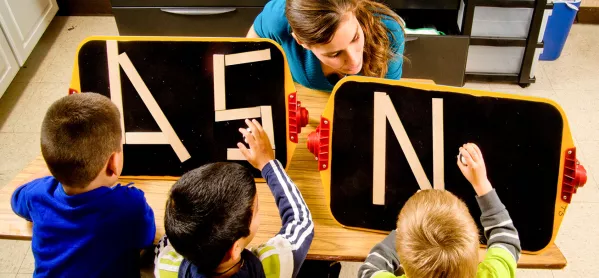Schools and local authority services for pupils with additional support needs (ASN) are to be examined by the Scottish Parliament’s Education, Children and Young People Committee.
The committee is launching an inquiry calling for people to share their experiences of ASN services. It wants to hear from parents, teachers, support staff, carers, pupils and support organisations.
More than a third of pupils in Scottish state schools have an identified ASN. Local authorities are responsible for identifying, providing and reviewing children and young people’s additional support needs.
The inquiry will consider how Scottish legislation designed to support pupils - including 2004’s Additional Support for Learning Act - is working in practice.
The committee is “particularly interested” to hear views on: the presumption of a “mainstream education”, which aims to ensure that pupils “could be included alongside their peers”; the impact of Covid-19 on the availability of additional support; and what happens when people are in dispute with their local authority over services provided to a pupil.
The new inquiry follows a number of reports on ASN in recent years, most notably the Morgan review of additional support for learning, published in 2020.
Committee convener Sue Webber said: “Earlier this year, the Additional Support for Learning Project Board told us about its role in improving the support that is available for children with ASN, but it acknowledged that there is not a quick fix to the recommendations laid out by the Morgan review.
“We would like to hear what people with ASN, parents and carers, teachers and support organisations make of the current system and the services that local authorities and schools provide.”
Ms Webber added: “If you have experience accessing additional support for learning in mainstream education or a specialist unit, views on the impact of Covid-19 on the delivery of additional support for learning, or have been involved in discussions about the support a child or young person receives, please get in touch.”
The committee’s “call for views” has now opened and will close on 31 December. Variations of the call for views are available in an easy-read format and also in British Sign Language.




